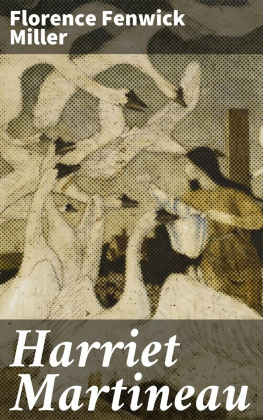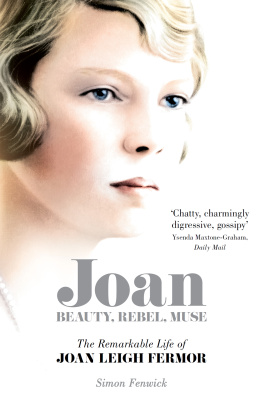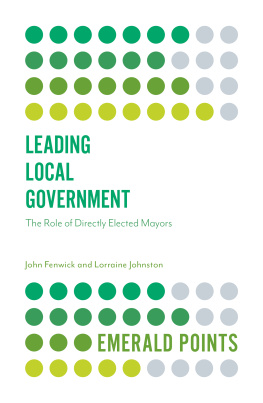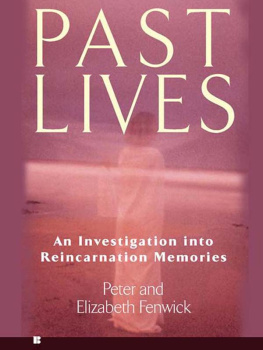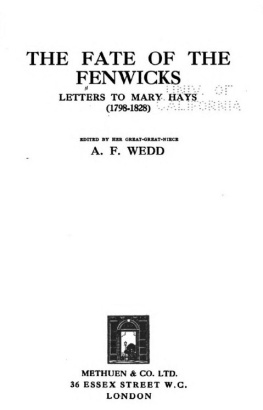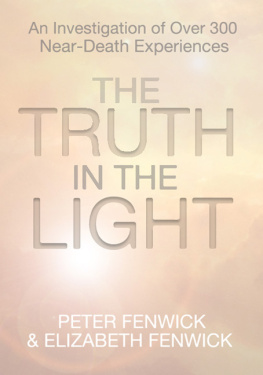Early Modern Feminisms
Series Editor
Robin Runia, Xavier University of Louisiana
Editorial Advisory Board
Jennifer Airey, University of Tulsa; Susan Carlile, California State University; Karen Gevirtz, Seton Hall University; Mona Narain, Texas Christian University; Carmen Nocentelli, University of New Mexico; Jodi Wyett, Xavier University; Paula Backscheider, Auburn University
Showcasing distinctly feminist ideological commitments and/or methodological approaches, and tracing literary and cultural expressions of feminist thought, Early Modern Feminisms seeks to publish innovative readings of womens lives and work, as well as of gendered experience, from the years 1500-1800. In addition to highlighting examinations of womens literature and history, this series aims to provide scholars an opportunity to emphasize new approaches to the study of gender and sexuality with respect to material culture, science, and art, as well as politics and race. Thus, monographs and edited collections that are interdisciplinary and/or transnational in nature are particularly welcome.
Titles in the Series
The Circuit of Apollo: Eighteenth-Century Womens Tributes to Women, edited by Laura L. Runge and Jessica Cook
Eliza Fenwick: Early Modern Feminist, Lissa Paul
Although Eliza managed her transatlantic movesfrom Britain to Barbados to North Americawith apparently confident grace, my search for her required a great deal of support from a large number of people and institutions In order to write confidently about her in the context of the revolutionary times in which she lived, I had to become fluent in a range of otherwise unrelated subject areas including the early Methodism of her childhood, the radical literary, feminist and political cultures of late eighteenth and early nineteenth century Britain, the transatlantic slave trade, the lives and resistance strategies of enslaved people in Barbados especially as the era of legal enslavement came to an end, and the intimacies of early nineteenth-century urban life in New Haven, New York, Niagara and Toronto. Although my first thanks are to all the dedicated librarians in the thirty-six archives and historical societies I consulted in the course of my research I will single out a few for special mention: Alissandra Cummins, Barbados Historical Society; Carlyle Best, University of West Indies Cave Hill Library, Cave Hill, Barbados; Sandra Boyce, National Library Barbados; Stephen Hebron, Bodleian Special Collections, Oxford; Andrea Immel, Cotsen Childrens Library, Princeton; Peter Nockles, John Rylands Library, Manchester; Martha Scott, Osborne Collection of Early Childrens Books, Toronto; Frances Skelton, New Haven Museum and Historical Society; David Wykes, Dr. Williamss Library London, and Angela Barc, Victoria College Library, University of Toronto.
In addition to the librarians and archivists who helped me navigate their collections, I want to thank scholars in a wide range of disciplines who have generously given of their time and expertise. Among the eighteenth-century studies scholars, I want to thank Isobel Grundy, for her constant encouragement from the very beginning; Janet Todd, for her advice and support especially through my first draft written during my fellowship at Lucy Cavendish Cambridge in the fall of 2013; William McCarthy, whose work on Anna Barbauld and personal advice helped me figure out how to shape the narrative; and Matthew Grenby, for providing me with opportunities, especially during the wonderful British Society for Eighteenth-Century Studies conferences in Oxford, to try out my earliest attempts at telling Elizas story to scholars in the field. Thanks also go to Michle Cohen, Mark Burden, Michael Dobson, Shelley King, Paul Stevens, Carol Percy for their research tips, to Jill Shefrin for her early edits of my manuscript and to Jack Lynch for suggesting the University of Delaware Press as a good home for Eliza. And thanks to John Lenton for all his help in understanding the lives of John Wesleys itinerant preachers in the formative stages of Methodism in the mid-eighteenth century.
The section on Elizas life in Barbados was the most difficult to write and I want to thank a number of scholars of Caribbean history, particularly histories of enslavement and resistance, for their assistance and their patience. In particular, Id like to thank Evelyn OCallaghan, Sir Hilary Beckles, Tara Inniss, Pedro Welch, and Rodney Worrell for their insights and for the opportunities to present early stages of my work at UWI. And with thanks to Karl Watson for his tours of Bridgetown, his intimate knowledge of the history of the island, and his support for my first published piece on Eliza in Barbados in The Journal of the Barbados Museum & Historical Society Journal.
Besides the scholars who provided direct subject-specific expertise to my research, I want to acknowledge friends, scholars and graduate assistants whose research support, copyediting, thoughtful comments and insights have contributed as well. With thanks to Deirdre Baker, Aidan Chambers, Nancy Chambers, Nina Christensen, Gerry Clarke, Martin, the taxi driver in Cork who knew who owned Lee Mount, Michael Joseph, Mick Gowar, Jhonel Morvan, Ann Kember, Barbara Lazar, Philip Nel, Jennifer Pazienza, Mark Poulin for his thoughtful and meticulous copyediting, Mike Ferguson and Tanner Bisson from Morro Images for their brilliant work on the art files, and Kim Reynolds, Morag Styles, Joseph T. Thomas, Stephanie Tuckonic, Lynne Vallone, Katherine Wakely-Mulroney and Jack Zipes.
The painstaking research involved in finding Eliza in sources that were often unreferenced and/or unindexed would not have been possible without the generous, consistent support Ive received from the Social Sciences and Humanities Research Council of Canada (SSHRC). Special thanks to the reviewers of my applications, especially to the one who described Elizas story as gobsmakingly interesting. The research support Ive received at my home institution, Brock University, has always been wonderful. With thanks especially to Tressie Dutchyn, Tracey Naldjieff, Philip Thomas and Snezana Ratkovic for their faith and support. With thanks, too, to the anonymous readers of the manuscript; to my editors at UDP, Robin Runia and Julia Oestreich; to my indexer, Nancy Will; and to my agent, Caitlin McDonald.
As is typically the case in acknowledgements, the people who have endured the most are near the end. First thanks to my collaborator, Murray Wilcox, who has been with me on the Eliza adventure from very near the beginning. The credit for organizing Elizas letters and managing the huge amount of related material, especially biographical material, goes to him. The entire project would not have been possible without him. And with thanks to my patient, wonderful husband, Geoff Bubbers, and our sons, Matt and Jeremy, for editorial advice, editing and enduring my insistence on dogged persistence.


